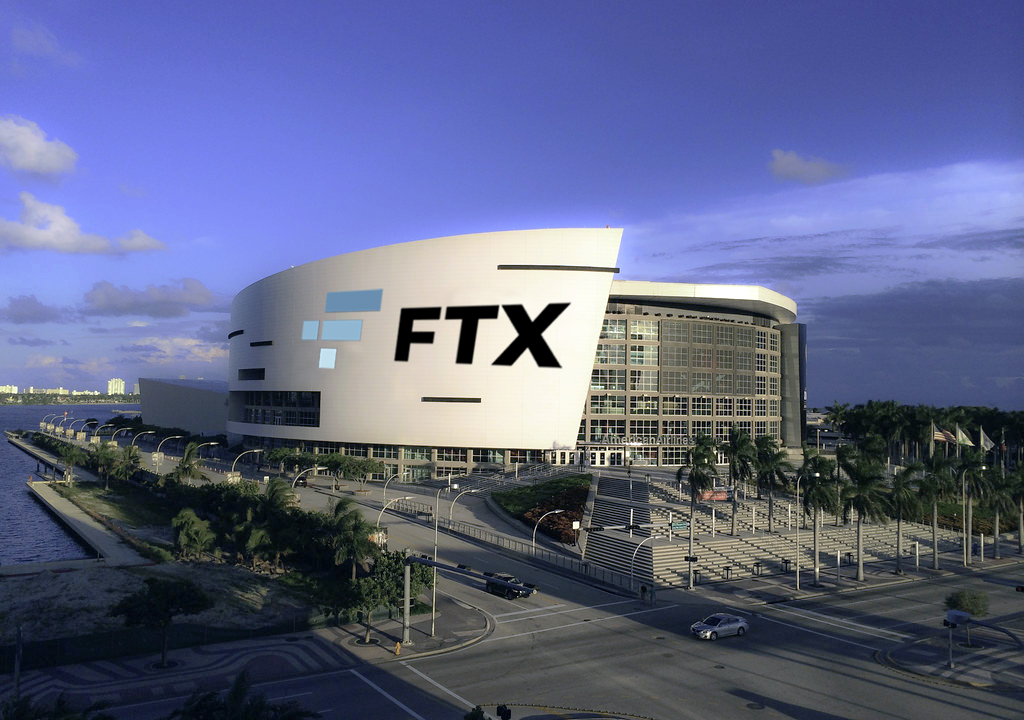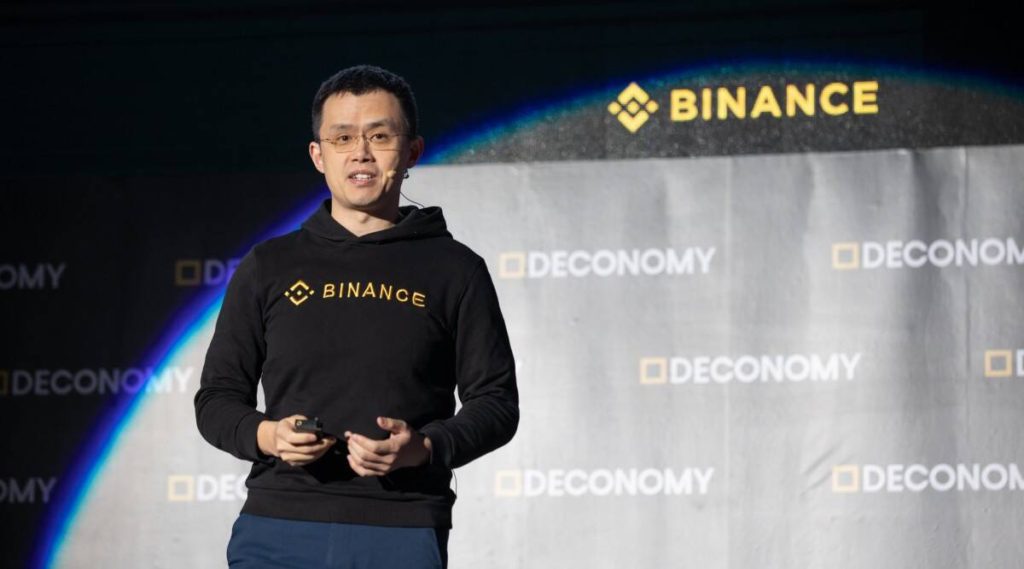Bitcoin enthusiasts have seen the cryptocurrency’s network hash rates recover to normal levels following a massive cold snap across the United States.
Due to the adverse weather, US power grids faced disruptive strains, forcing hash rates to dip temporarily. The country battled sub-zero temperatures, killing more than 28 people.
Bitcoin’s hash rate fell from up to 300 exahashes per second (EH/s) to around 170.60 EH/s on Christmas Day (25 December). It returned the following day to 241.29 EH/s, Blockchain.com data found.
Bitcoin (BTC) mining operations in Texas, where much of the nation’s hash rate takes place, temporarily halted or slowed to help with power shortages.
Bitcoin Capitals of the World
Texas is one of the leading producers of Bitcoin hash rates and is now one of the largest places in the world for Bitcoin mining.
As with many locations, power grid operations must accommodate the huge power consumption rates of BTC mining industries. Locations dependant on such sectors can affect global markets if hash rates slide due to power consumption problems or grid instability.
Data from Sunbird DCIM shows that countries with the largest Bitcoin hash rates include Dalian, China, the Genesis Mining Farm in Reykjavik, Iceland, Moscow, Russia, the GigaWatt Factory in Washington State, US, Linthal, Switzerland, and the Bitfury crypto facility in Amsterdam, Netherlands.
The top four locations produce 360,000 terahertz, 1,000 gigahertz, 38 petahertz, 1.3 petahertz, respectively.
The report also found that 65 percent of all BTC hash rates come from China. Firms such as Beowulf Mining aim to boost crypto mining capacities to 500 megawatts by 2025.











